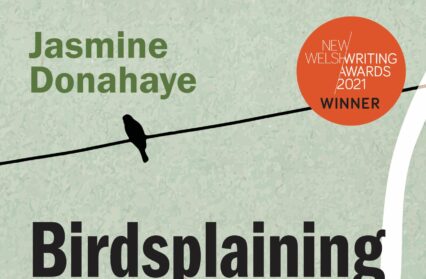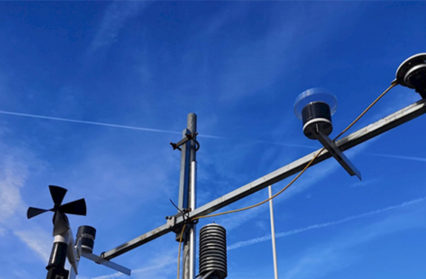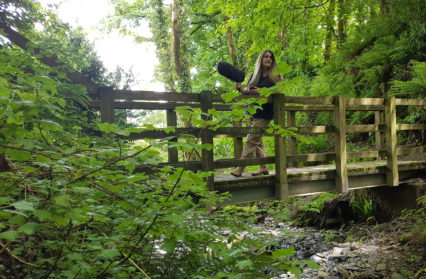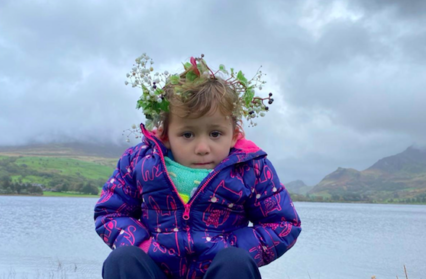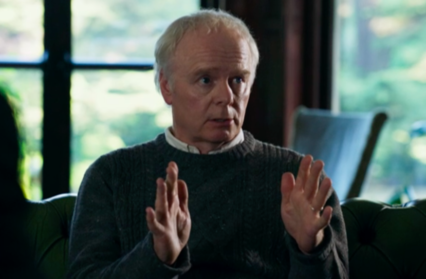Wales Arts Review summarises the four key IPCC findings of the UN’s report on the science of climate change along with some tips on how we, as individuals, can help to fight the climate crisis.
The UN’s report on climate change has laid bare the acute state of the global climate emergency. The report from the Intergovernmental Panel on Climate Change (IPCC) has been described as “code red” for humanity. It offers unequivocal evidence on the effect carbon emissions have had on the environment, and the catastrophic consequences which await humanity if warming cannot be kept within the 1.5C threshold.
The full report is mind-bogglingly comprehensive at nearly 4,000 pages long with some 14,000 citations included pointing to existing scientific studies. Here, we list some of the report’s most pressing findings.
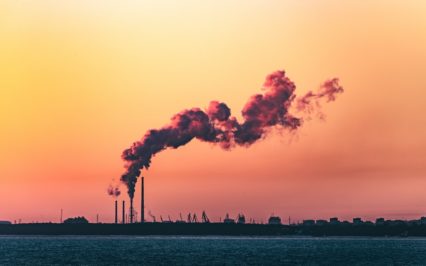
1. 1.5C is the golden number
In the past keeping global warming within the 1.5C threshold was hardly considered a feasible option, but in the years since many developing countries have fought to make this lower temperature the global goal. Without it, they argued, their home nations would be at existential risk due to extreme weather conditions and rising sea levels.
Now, the new report from IPCC confirms that keeping warming to 1.5C – rather than 2C – would be significantly more advantageous and manageable. But how to get there? In order to reach this ambitious goal, the world would need to reach net zero emissions by 2050, with the aim of halving them by 2030.
2. The west will see consequences
Many environmentalists have long been frustrated by what they have viewed as the apathy expressed by western countries and governments on the issue of climate change, but this new report has made it clear that the consequences of global heating will be felt worldwide.
Dr Friederike Otto of the University of Oxford is one of the report’s numerous authors. He states: “Climate change is not a problem of the future, it’s here and now and affecting every region in the world.”
This report makes clear, in confident and unequivocal terms, that the climate emergency is one that will be faced by the whole of humanity, not just certain parts of the world.

3. Sea levels will rise for centuries to come
Though the report is powerful in its insistence that humanity should act now, on one count we’re already too late to prevent the harm caused, and that is in the area of rising sea levels. A dearth of research in past reports have led to incorrect predictions about sea levels, but now it is without question that the melting of the Greenland and Antarctic ice sheets mean that rising sea levels are irreversible.
By the report’s estimates, the seas may rise by as much as two meters by the end of the current century, and its heating will continue for hundreds, possibly thousands of years, irregardless of whether the 1.5C target is met.
4. Humans are to blame
Climate-deniers have long clung to the defunct argument that the changes in global temperatures are in keeping with the natural fluctuations of the climate. Though this school of thought was long ago disproven, the most recent report leaves not one iota of doubt: humans are to blame for the overheating of the planet.
Despite decades of warnings from some of the world’s most prominent scientists, the inaction of global governments has guaranteed the continuation of floods, droughts, wildfires and heatwaves. There is still some time to prevent the dark future which now awaits us, but the report leaves no room for doubt – we must act now.
This report from the UN offers a stark warning that must be heeded. Understandably, many are daunted by the task ahead – but if we don’t act now, then when? Wales Arts Review firmly believes that this climate crisis must be fought with action, not despair.
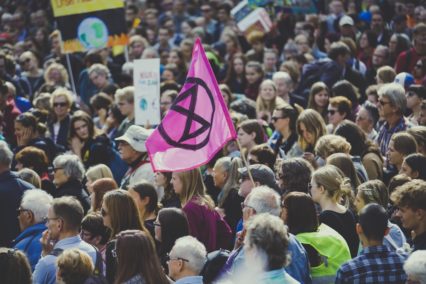
So what can you do to help? Here are some things you can do to help fight the climate emergency.
Think global, act local
That global heating is happening on a mass scale is undeniable, but to help fight this existential threat individuals would do well to start with change in their own lives and communities. Wales was one of the first countries in the world to declare a climate emergency, and is already trailblazing in its recycling efforts. Still, you can help to reduce plastic pollution by cutting down on waste, making green choices in daily life and making use of zero waste shops if they are available in your local area.
Cars, too, contribute hugely to carbon emissions; the average petrol car on the road in the UK produces the equivalent of 180g of CO2 every kilometre. Swapping car journeys for greener alternatives such as walking, cycling or public transport can help to reduce emissions. Cutting down on flights, too, can massively lower your carbon footprint.
Lastly, as is now widely known, the meat and dairy industry are huge contributors to global warming and cutting down on your consumption can have a big effect. Contrary to popular thought, you don’t have to be vegan or vegetarian in order to make a difference. More and more people are adopting the stance of “flexitarian” – moving to plant-based options as much as possible, without vetoing meat and dairy permanently. It’s a stance which, if adopted at scale, could help to fight climate change in a big way. Research shows that moving to a more plant-based flexitarian diet can reduce greenhouse gas emissions by as much as 52 per cent.
Ask for more from your government
People can feel disempowered when making personal changes to fight a global issue. You might wonder: what difference can I really make? Well, aside from the fact that personal change can create a positive ripple effect throughout communities, you can also use your own voice and rights as a citizen to ask for more from your government and the powerful institutions which have the influence to enact real, meaningful change.
In 2019, MPs In Westminster approved a move to declare a climate emergency – this wouldn’t have happened as soon as it did if it were not for the protests held by the Extinction Rebellion. Your voice has real power – and the collective voice even more so.
Write to your MP. Start and sign petitions. Attend protests and join in with grassroots activities to help create momentum and noise which cannot be ignored by those in power. Students can put pressure on their universities to divest in polluting activities and individuals can opt to open accounts with banks which don’t invest in high-emission industries. With strategy and manpower, your decisions can help to inspire positive change on a national and international level.

To quote Great Thunberg: “You are never too small to make a difference”. Together, we can work to enact the changes necessary to save our planet, our home and our future.
You can read more about the IPCC findings here.
Climate Crisis Climate Crisis Climate Crisis Climate Crisis Climate Crisis



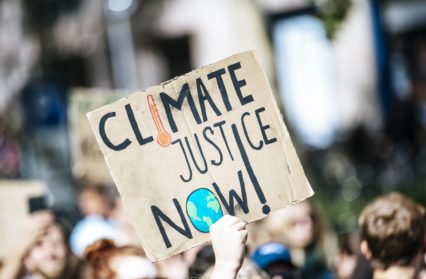
 Enjoyed this article? Support our writers directly by buying them a coffee and clicking this link.
Enjoyed this article? Support our writers directly by buying them a coffee and clicking this link.